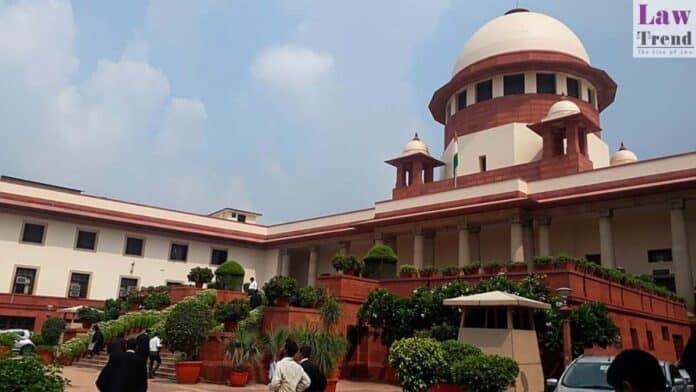In a significant ruling, the Supreme Court of India has ordered a fresh inquiry into the alleged share transfer dispute involving M/s Lexus Technologies Pvt. Ltd., questioning the manner in which the National Company Law Tribunal (NCLT) and the National Company Law Appellate Tribunal (NCLAT) handled evidence in the case. The bench, comprising Justice Sanjiv
To Read More Please Subscribe to VIP Membership for Unlimited Access to All the Articles, Download Available Copies of Judgments/Order, Acess to Central/State Bare Acts, Advertisement Free Content, Access to More than 4000 Legal Drafts( Readymade Editable Formats of Suits, Petitions, Writs, Legal Notices, Divorce Petitions, 138 Notices, Bail Applications etc.) in Hindi and English.




